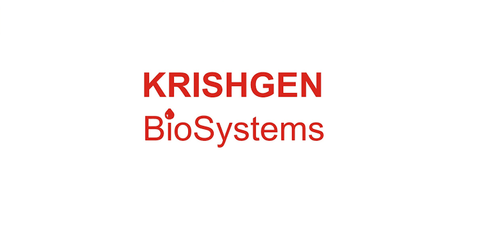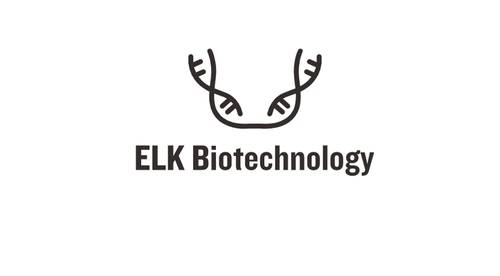Product Description
Human Acetyl-CoA acetyltransferase, cytosolic (ACAT2) ELISA Kit | AE23338HU | Abebio
Species Reactivity: Human (Homo sapiens)
Abbreviation: ACAT2
Alternative Name: Acetoacetyl Coenzyme A thiolase|cytosolic acetoacetyl-CoA thiolase
Application: ELISA
Range: 78.1-5000 pg/mL
Sensitivity: 31.5 pg/mL
Intra-Assay: ≤4.8%
Inter-Assay: ≤8.2%
Recovery: 0, 98
Sample Type: Serum, Plasma, Other biological fluids
Detection Method: Sandwich
Analysis Method : Quantitive
Test Principale: This assay employs a two-site sandwich ELISA to quantitate ACAT2 in samples. An antibody specific for ACAT2 has been pre-coated onto a microplate. Standards and samples are pipetted into the wells and anyACAT2 present is bound by the immobilized antibody. After removing any unbound substances, a biotin-conjugated antibody specific for ACAT2 is added to the wells. After washing, Streptavidin conjugated Horseradish Peroxidase (HRP) is added to the wells. Following a wash to remove any unbound avidin-enzyme reagent, a substrate solution is added to the wells and color develops in proportion to the amount of ACAT2 bound in the initial step. The color development is stopped and the intensity of the color is measured.
Product Overview: ACAT2 is an enzyme involved in lipid metabolism, and it encodes cytosolic acetoacetyl-CoA thiolase. This gene shows complementary overlapping with the 3-prime region of the TCP1 gene in both mouse and human. These genes are encoded on opposite strands of DNA, as well as in opposite transcriptional orientation.As the human TCP1 gene had been assigned to 6q25-q27 by study of somatic cell hybrids and by in situ hybridization, the ACAT2 gene was suspected to be localized to the same chromosome region. Retention of this close linkage during mammalian evolution suggests the possibility of some functional significance. Transcription of both DNA strands at a given locus is common in prokaryotic and viral systems. For examples of overlapping transcriptional units in humans.
Stability: The stability of ELISA kit is determined by the loss rate of activity. The loss rate of this kit is less than 5% within the expiration date under appropriate storage condition. The loss rate was determined by accelerated thermal degradation test. Keep the kit at 37°C for 4 and 7 days, and compare O.D.values of the kit kept at 37°C with that of at recommended temperature. (referring from China Biological Products Standard, which was calculated by the Arrhenius equation. For ELISA kit, 4 days storage at 37°C can be considered as 6 months at 2 - 8°C, which means 7 days at 37°C equaling 12 months at 2 - 8°C) .
 Euro
Euro
 USD
USD
 British Pound
British Pound
 NULL
NULL












